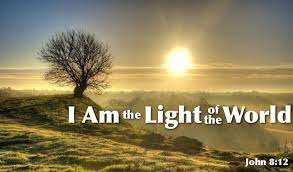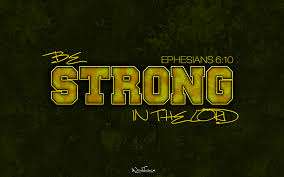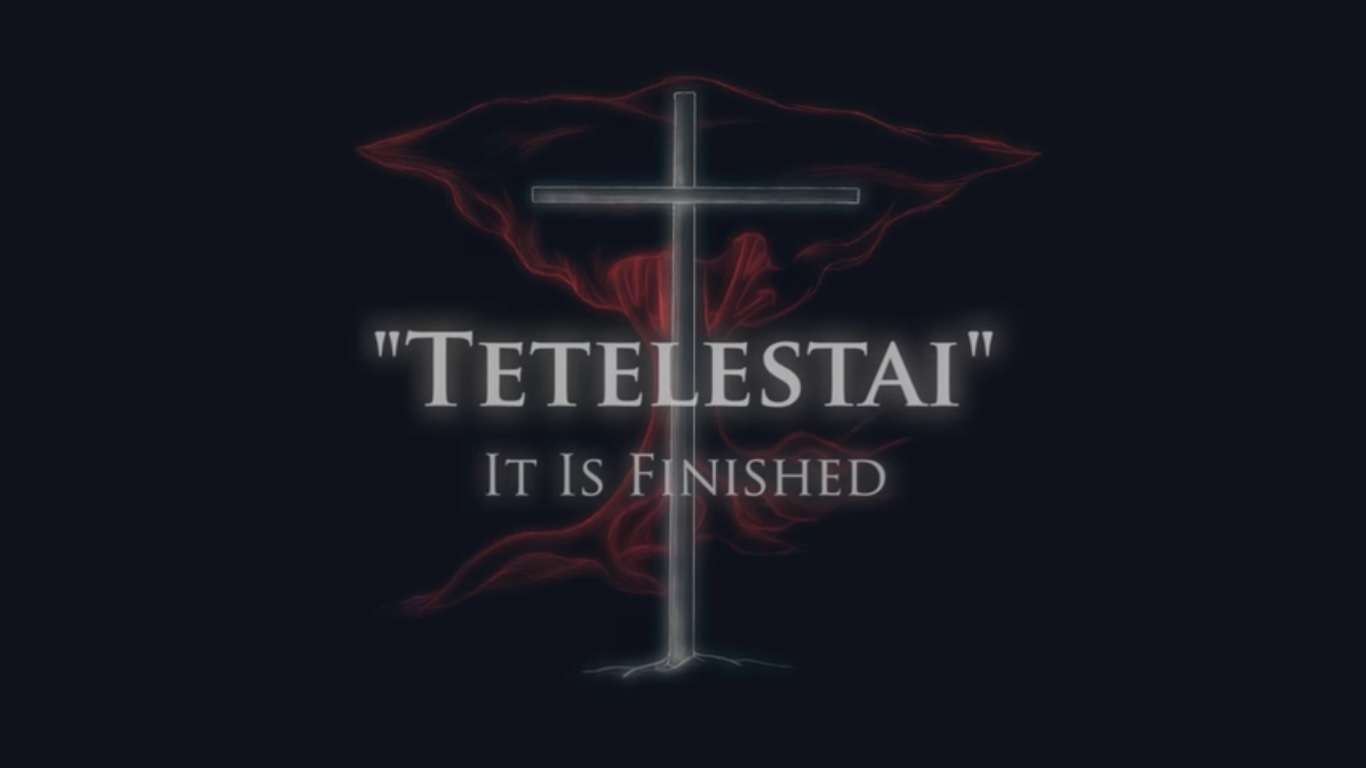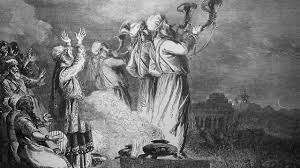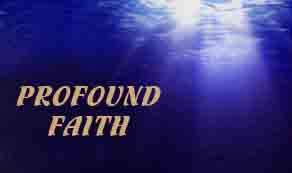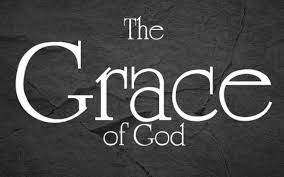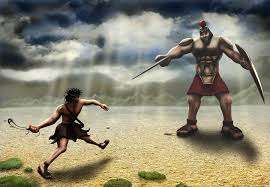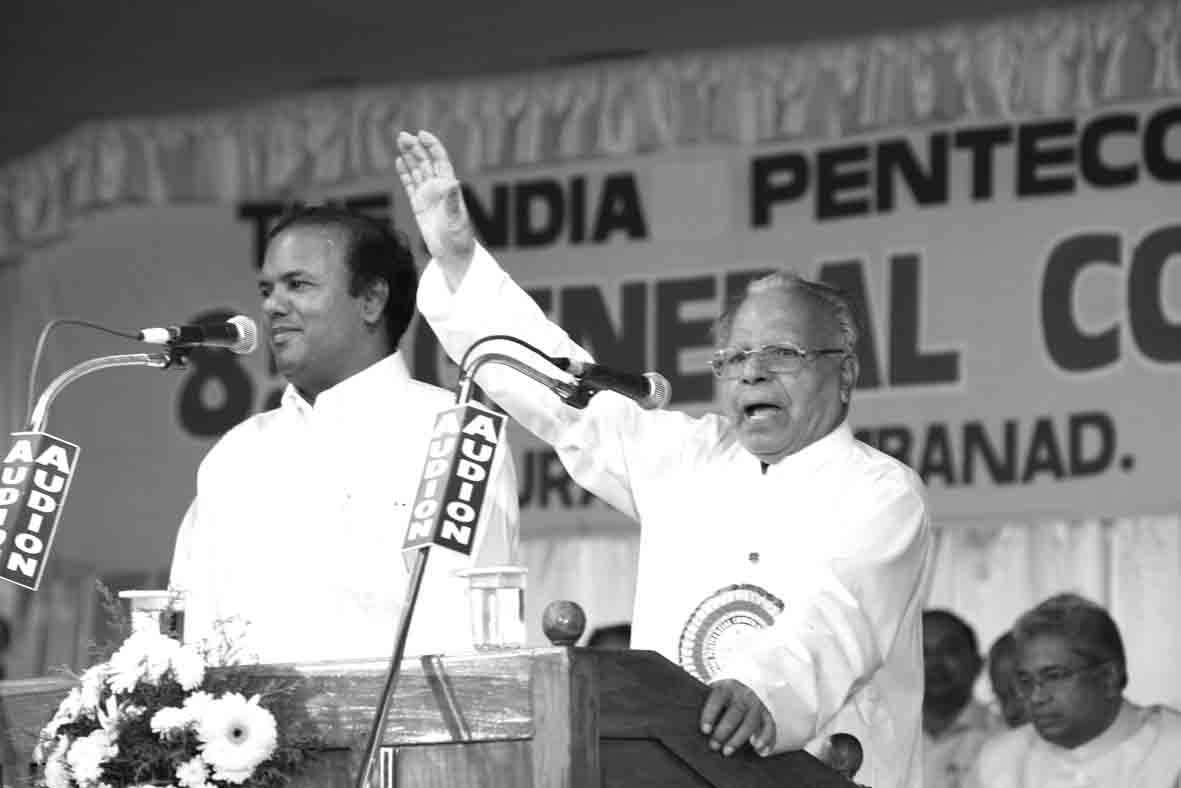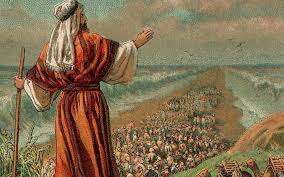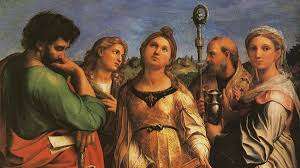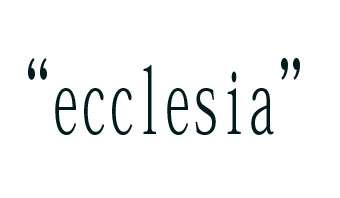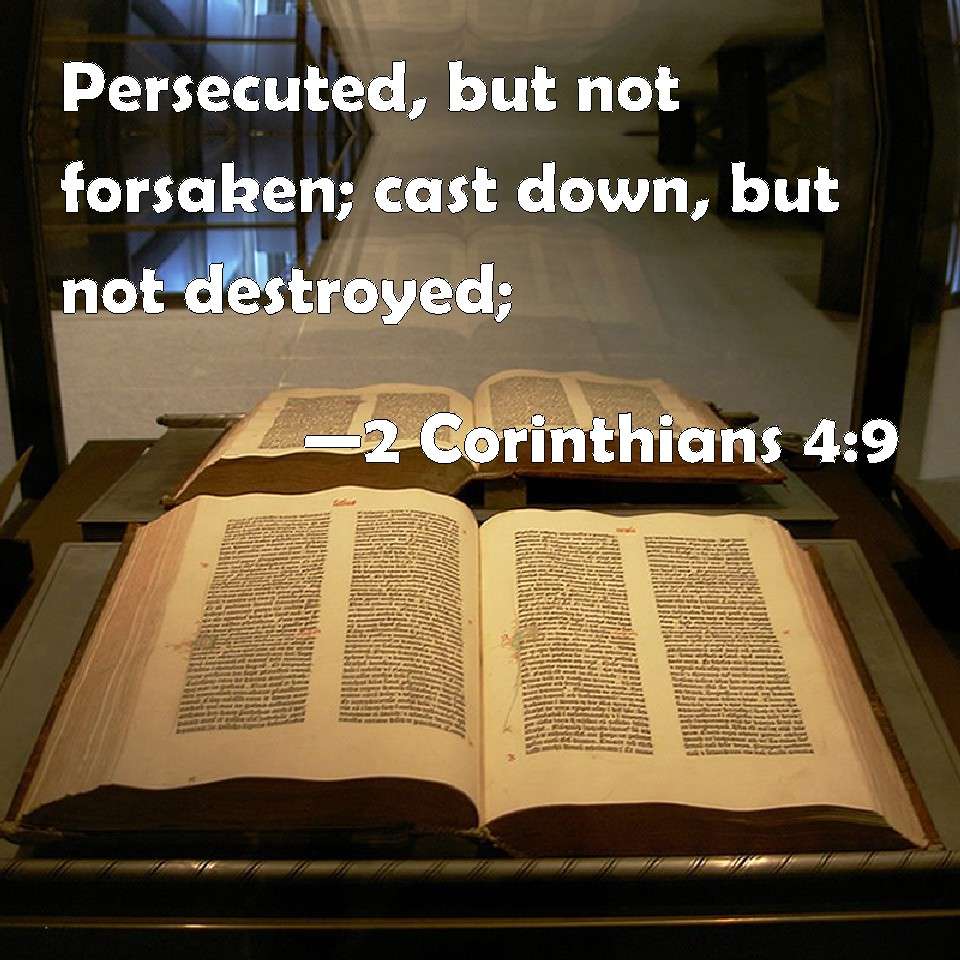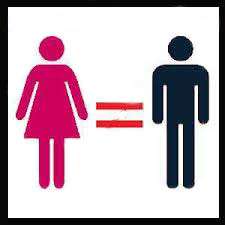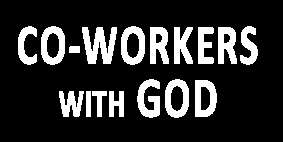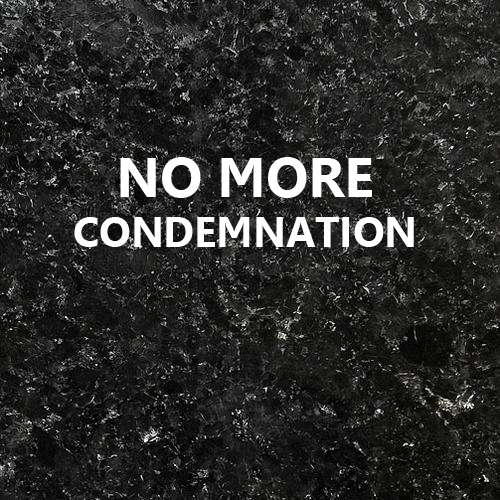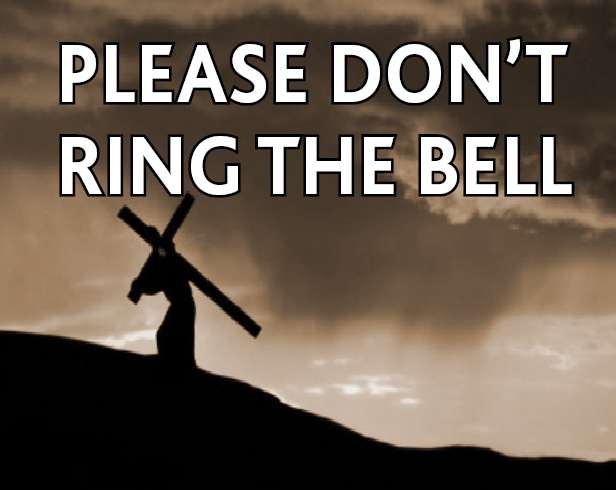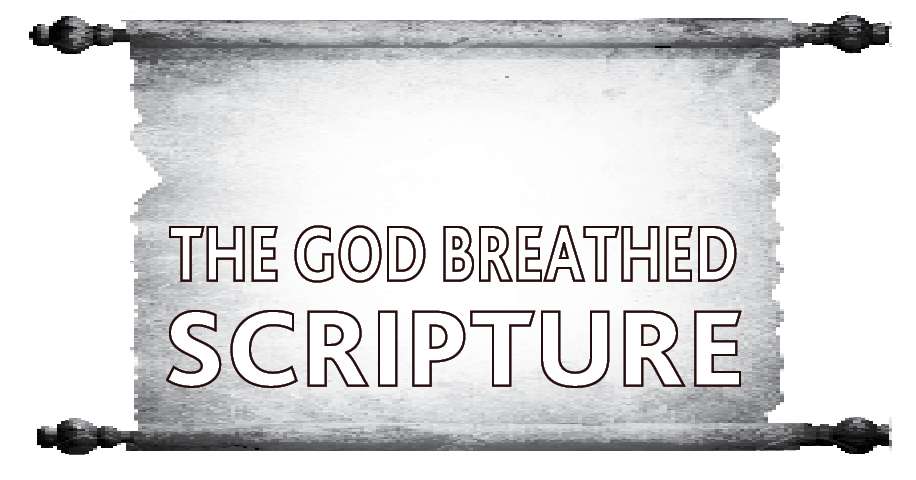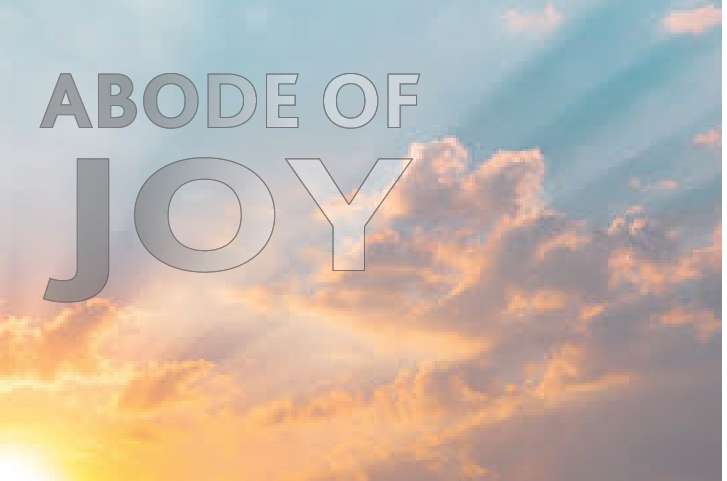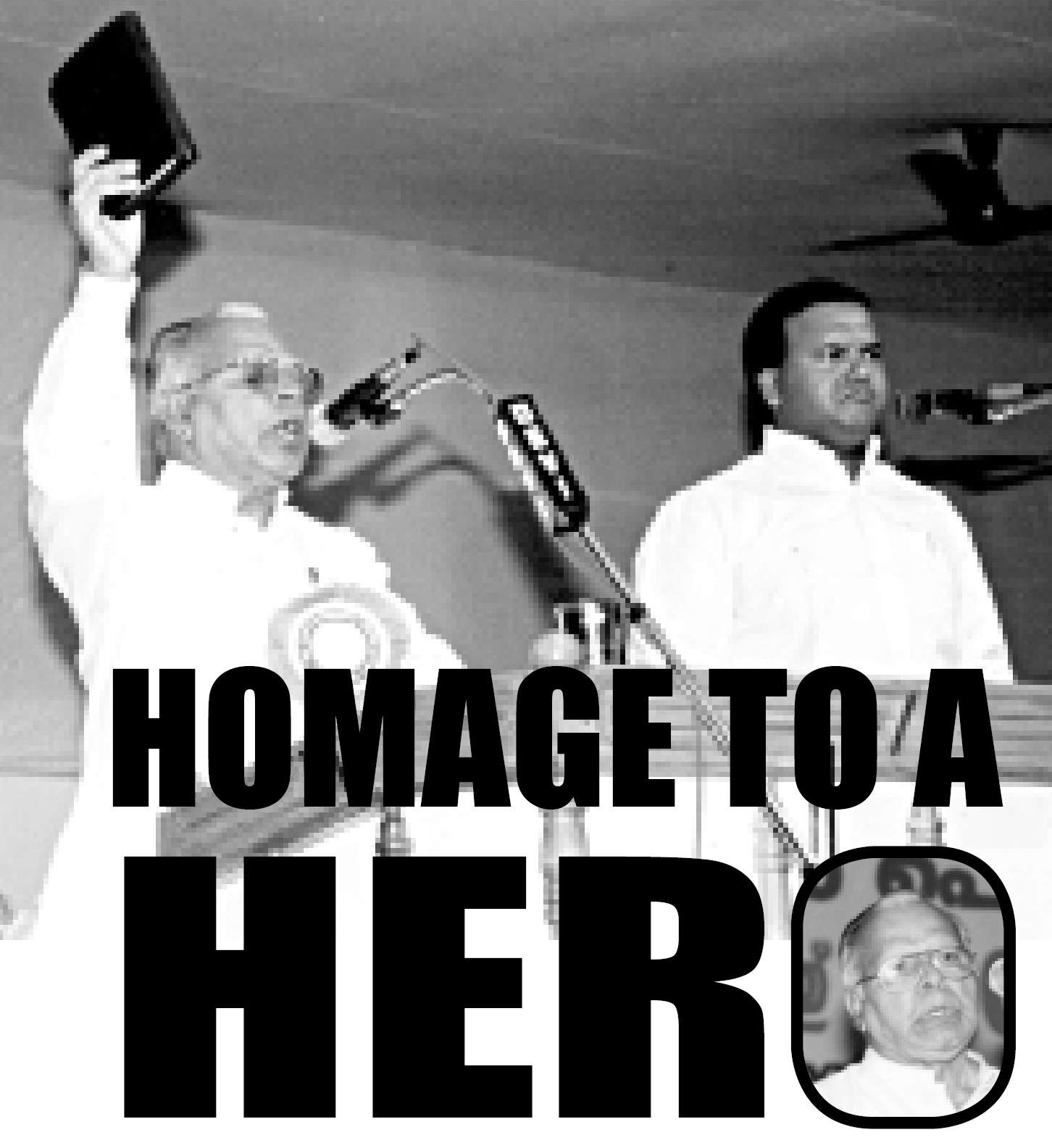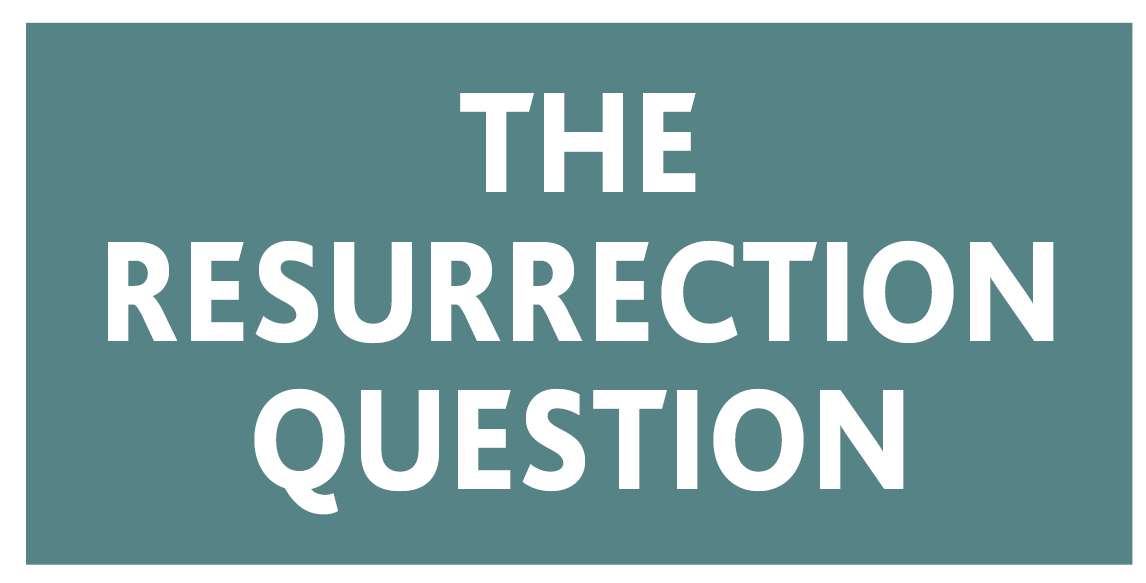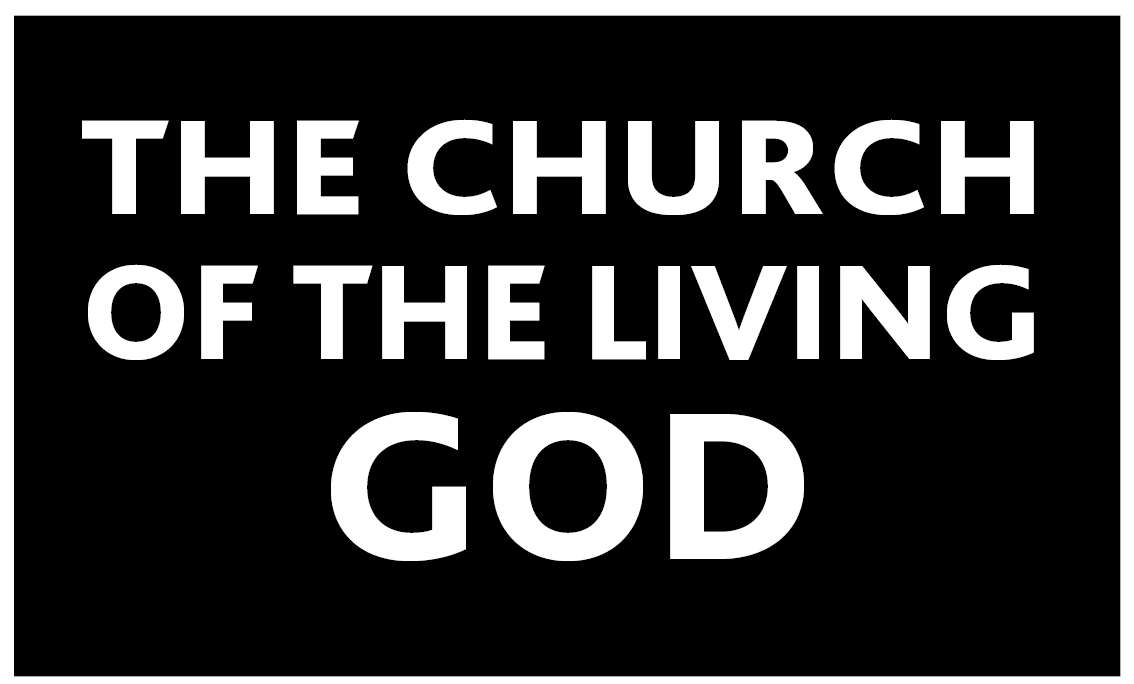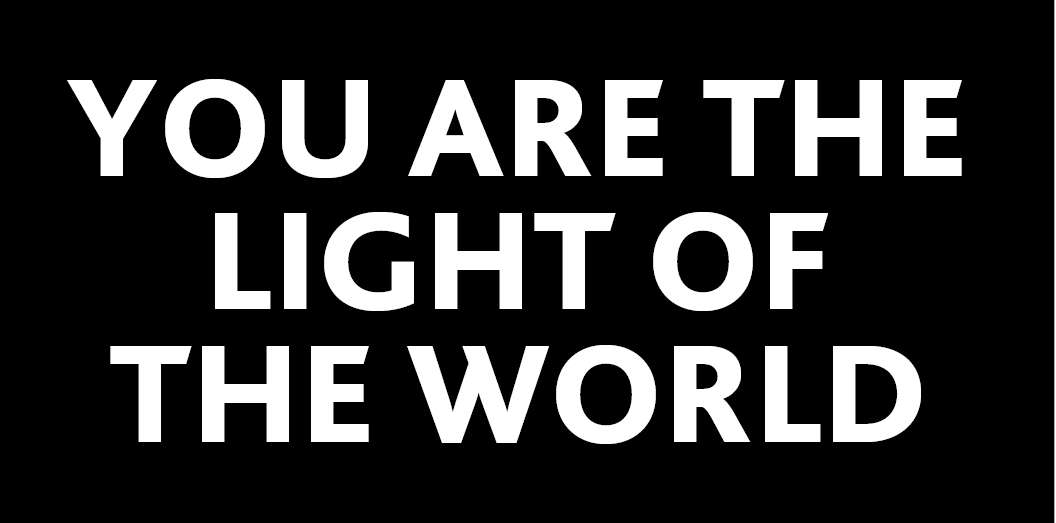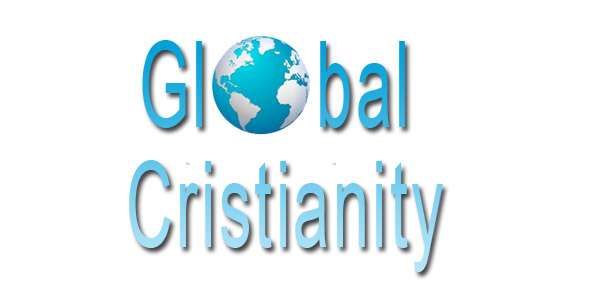

Global Christianity
Dr. John K. Mathew
The British imperialism started in the 15th century. Britain's monopoly over industrial revolution enabled them to capture 1/4 of the world.
By the year 1921, close to 458 million people around the globe were subjects or colonies of Great Britain, the country claimed to be the one where the sun never sets. Their contribution to the world is incredible. British education, the English language, the Bible are just a few things we are grateful to the British for. Railways started by them in different countries paved the way for rapid industrial development and unification of many nations. It was globalization in a limited sense and to a certain extend it involved exploitation.
By the middle of the 20th century almost all countries got liberated from Britain. In the course of history two super powers came in to being, the U.S and the U.S.S.R. The decline of U.S.S.R in 1991 gave way to globalization and the world entered in to a new intellectual revolution, known as postmodernism. Christian scholar, Thomas Oden was one of the first to chronicle these changes. He maintains that the modern age lasted exactly 200 years - from the fall of the Bastille in 1789 to the fall of the Berlin wall in 1989.
Today, the assumptions of modernism have fallen apart, from Moscow to San Francisco. Enlightenment is discredited. Reason is dethroned, even on university campuses. The Industrial revolution is giving way to the Information Age. Society, technology, values, and basic categories of thought are shifting. A new way of looking at the world is emerging.
The New Age movement is the by product of such a new wave of thought.
The New Age movement is difficult to define. It is supposed to bring peace and enlightenment and reunite men with God. They teach that man's basic nature is good and divine. The New Ager does't believe in absolute truth. For them whatever one believes that is his reality. For example, a person believes that reincarnation is true, that is fine because that is his reality. If someone he knows does not believe it, that is alright too because that is someone else's reality. They can each have a reality for themselves that follows a different path.
This is in sharp contrast to Christian faith. We don't believe in man's divinity. We only believe that man is created in the image of God, and the same man has fallen and he desperately needs a Redeemer. Gene Edward Veith writes, "the secular establishment is setting up some post modern alternatives of its own. These views respond to the failure of the Enlightenment by jettisoning truth together. The intellect is replaced by the will. Reason is replaced by emotion. Morality is replaced by relativism. Reality itself becomes a social construct. This emerging world view challenges Christianity in different ways from the old modernism. Postmodern Christians will have to confront the views of post modern non Christians".
The strength of Christianity is the ability to face challenges.
Over the years Christianity has proved it.Thomas Oden contends that this post modern era is an opportunity for orthodox classical Christianity to make a come back. The failure of modernism means that the old secular critiques of supernatural Christianity have lost their force. Conservative Christianity has a new credibility in the post modern world.
Christianity is not local. It is global for ...Jesus is the Lamb of God, who takes away the sin of the world. (John 1:29)




